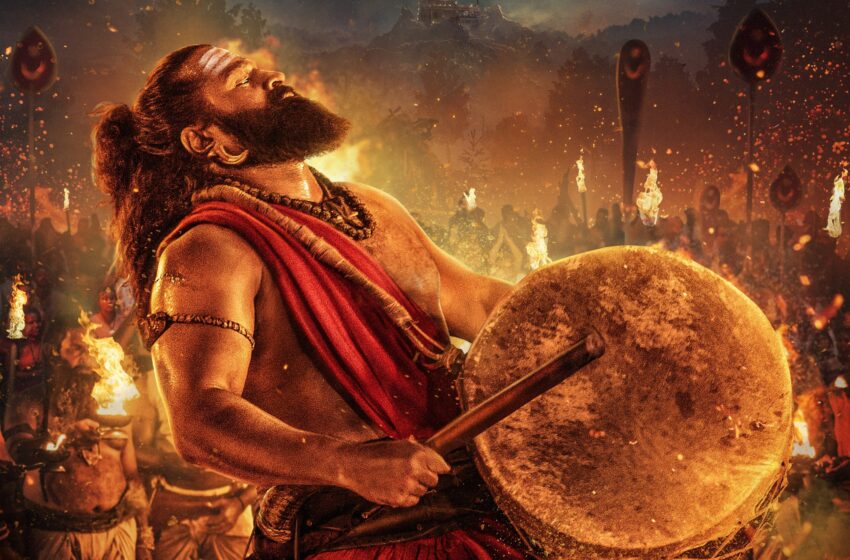Kantara Chapter 1 Review: A Garden of Flowers Missing in the Forest

Film: Kantara Chapter 1
Director: Rishab Shetty
Production: Hombale Films
Cast: Rishab Shetty, Rukmini Vasanth, Jayaram, Gulshan Devaiah, and others
Rating: 3.5
-Pramod Mohan Hegde
When it was announced that Rishab Shetty would be narrating a story that goes back thousands of years, naturally the curiosity was high. Especially when it was revealed that the backdrop would be during the Kadamba dynasty’s reign—audiences expected something special, maybe about the origin of the Daivas, or even connections to mythologies. The teaser sparked speculation about Parashurama’s tale, and the trailer hinted at Lord Shiva’s story. This created a massive buzz. But the film instead unfolds as a conflict between forest dwellers and kings—with the Daiva being a presence, but not the central theme.
The story is set in the kingdom of Bangra, ruled by Rajasekhara (Jayaram). His son is Kulasekhara (Gulshan Devaiah) and his daughter is Kanakavathi (Rukmini Vasanth). Kulasekhara ascends the throne, but he is reckless, unclear about his duties and responsibilities as king. One day, he ventures towards Kantara. From the forest side, Bermè (Rishab Shetty) is a key figure, who along with his people, crosses into Bangra territory. This sparks a clash between the two worlds. What begins as a simple conflict gradually leads to a bigger twist, steering the story in a different direction—something that can only be experienced fully on the big screen.
Yet, what feels missing is a solid, gripping narrative. The period setting is grand, with lavish production design, majestic royal depictions, forest tribal life, battle sequences, and well-crafted VFX. All this makes the film visually engaging. However, compared to Kantara: A Legend, this one doesn’t give the same sense of freshness. Of course, one can argue that these are two different stories—but since this is marketed as a prequel, comparisons become inevitable.
In Kantara: A Legend, audiences were kept on edge—when will the Daiva appear? What will happen next? That element of suspense is absent here. The divine intervention comes as expected, without surprise. The climax has a touch of novelty, but it doesn’t leave a lasting impact, especially since a similar sequence occurs earlier in the film. Some characters feel underdeveloped, as if they deserved more weight. Though the pacing is swift, certain scenes stretch unnecessarily and test patience. At one point, Bermè tells Kanakavathi, “Don’t chase the fireflies thinking it’s light, you’ll lose your way.” Ironically, as the film progresses, the audience too seems to lose track of the central narrative. Unlike the transformation of Shiva’s character in the first Kantara, here the conflict is more of a straightforward revenge tale. The lingering questions and small dissatisfactions stay even after the credits roll.
On the brighter side, performances are commendable. Rishab Shetty delivers justice to his role once again. Gulshan Devaiah, Rukmini Vasanth, and Jayaram stand out strongly. Supporting actors like Rakesh Poojary and Prakash Tuminadu too leave their mark. The entire team’s effort to narrate a legend comes across clearly. However, those expecting cinematic high points may feel let down. Background score and sound design don’t leave a memorable impression either—sometimes even mismatched, as when a sitar sound plays while a veena is shown. Such details stand out because the story doesn’t fully immerse the viewer. Despite these shortcomings, certain scenes and elements do make the experience worthwhile—the Daiva sequences, the climax battle, the cinematography, and technical brilliance. For these unique moments, Kantara Chapter 1 is still worth a watch in theatres.
(Translated by Ganesh)

